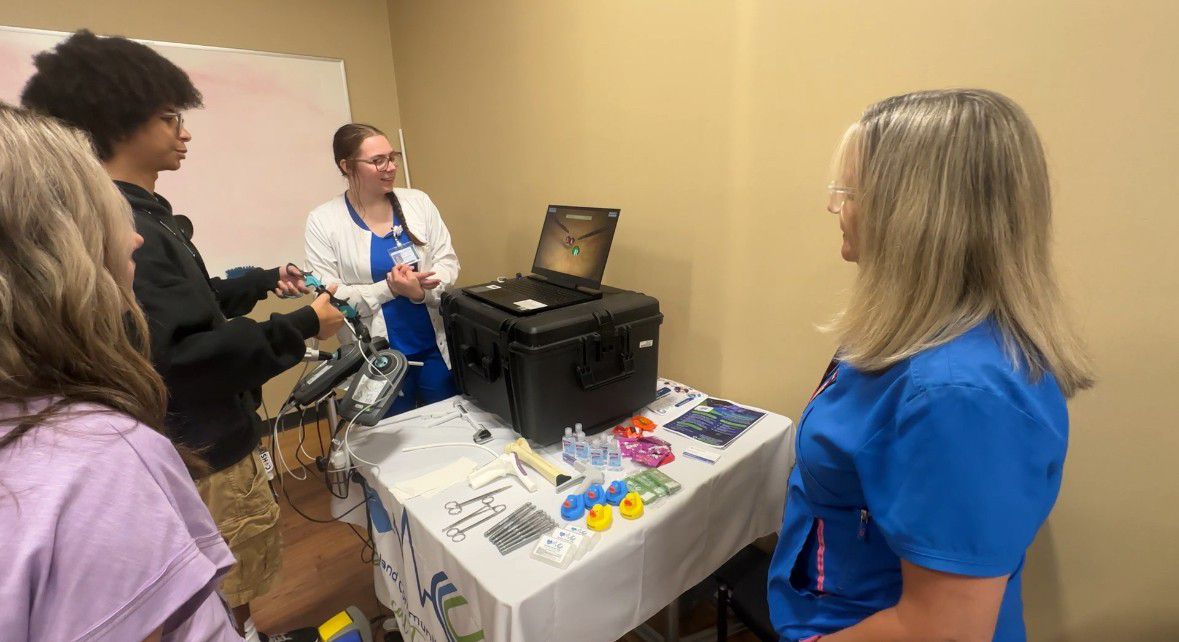HUNTERSVILLE, N.C. — There’s a new requirement that is changing the reporting of mammography. The FDA announced all mammography facilities must include a breast density assessment as part of a patient's medical report.
Novant Health Surgical Oncologist Dr. Lori Gentile says she takes the FDA’s new requirement seriously. She indicates that when reviewing imaging from a mammogram, the tissue in the breast is indicated in different ways.
“The fatty tissue in the breast is black and a mammogram is a type of X-ray and the dense breast tissue shows up white, very similar to bones on an X-ray,” Gentile said.
Gentile says she went for her first mammogram at age 40.
“That’s really what I recommend and what American Cancer Society and the U.S. preventative task force is currently recommending," Gentile said.
Following her appointment, Gentile received a breast density report that indicated average risk of breast cancer diagnosis — due to breast density.
“I am average risk so my biggest risk is the dense breasts and I do not have a family history, hence for me, getting a screening mammogram one time per year is very appropriate screening method,” Gentile said.
Gentile said mammography can be tough to see breast abnormalities in women who have high breast density. She says nearly half of women over 40 years old are found to have dense breasts and women with dense breasts have a higher risk of developing breast cancer.
“We know when women are less dense, mammograms are much better at picking up cancer they are much better at detecting cancer because there's less dense tissue to obscure,” Gentile said.
In March of last year, the FDA created a national requirement for all states to report breast density to patients for their for physicians to include that information in their mammogram reports. This officially went into effect earlier this month. Gentile said despite this change, North Carolina has been reporting breast density for at least ten years.
In cases where women’s breast density levels are high, Gentile said additional testing may be recommended.
"If your risk determines to be elevated or increased, then you would potentially be eligible for additional imaging," Gentile said.
Breast density in women can change due to hormone levels, fluctuations in weight and can even be hereditary. Gentile said her hope is that women will use this information to stay on top of their health.
“There is no reason to be alarmed when you find out you have dense breast tissue, but it’s very wise to be informed," Gentile said.











